Doomsday Consciousness and Argument

There was a sailor. He had two beloved women in different ports, and he wanted children - he just didn’t decide, one or two. He decided to throw a coin. Eagle - there will be one child from one of the women (to whom she will go to the port first for work - this is how it works), tails - she will make a child for each woman. It is not known how the coin fell and how fate threw it around the world, but you are his child. What is the likelihood that you are his only child?
Let's think it over. Honest coin gives a probability of this 1/2. But is this so obvious? After all, if the tails fell, then “you”, those who can be asked a question, would be three: a lonely child if the eagle fell, and two if the tails fell. So the probability is 1/3. Not obvious? Let me reformulate the problem so that the second answer is more obvious.
The task of the sleeping beauty
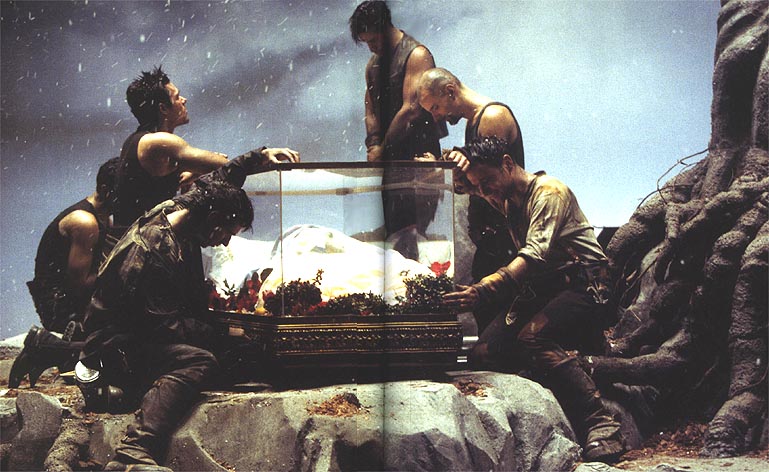
The beauty takes part in the experiment: on Sunday, the experimenters, in secret from her, throw a coin. If an eagle falls, they euthanize it, wake it up on Monday, then euthanize it again. She wakes up on Wednesday and the experiment ends. If tails fall out, they will wake her up on Monday too, but then they will erase the memory and put them to sleep, and wake up again on Tuesday. Again they euthanize (already without erasing the memory) and on Wednesday they wake up completely.
So, the beauty is awakened (either on Monday, or on Tuesday). They ask her a question: what do you think is the probability that today is Tuesday? The coin is fair, which means that the probability is 1/2. But a second, on Monday, she is woken up twice as often as on Tuesday !!! So the probability is 1/3.
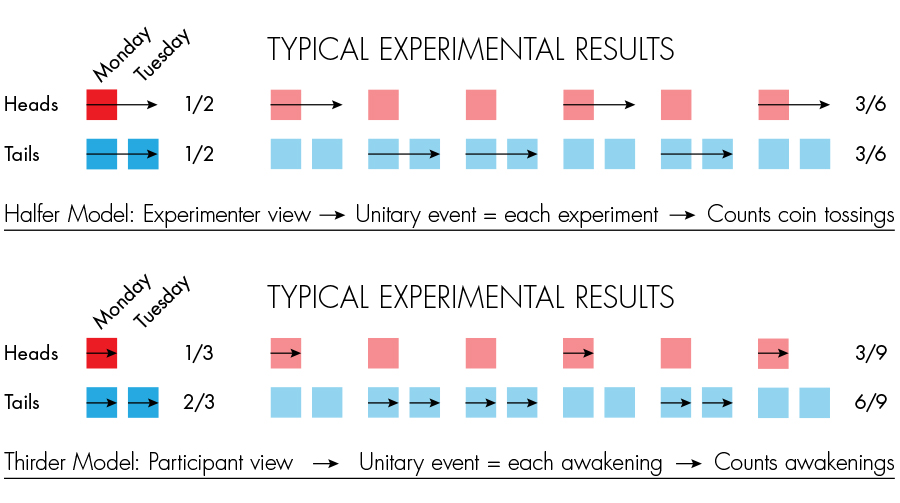
In the description of the paradoxyou can read that both decisions are correct, and it is, but the rabbit hole leads much deeper. She shares two philosophical schools, Self Sampling Assumption (SSA) and Self indication Assumption (SIA) . It is written in English, because even the articles themselves on the wiki exist only in English (only in one language, which is rare). If you come up with beautiful translations of these terms into Russian, write in the comments.
Self sampling assumption
SSA sounds like this: With all things being equal, the observer should consider that he is randomly selected from the set of observers like him that have ever existed, existent or will exist.
That is, the principle of SSA is built on a fairly reasonable basis that the observer should not consider himself “chosen” - neither in time nor in space. SSA gives the answer 1/2 for the task of the sleeping beauty.
Let's see how SSA works using an example. Most of all, the work of the SSA resembles the incarnation of the soul in a randomly selected body, and for the soul there is no time (externalism), and it can incarnate in the body at any time. Take a graph of the world's population at different times.
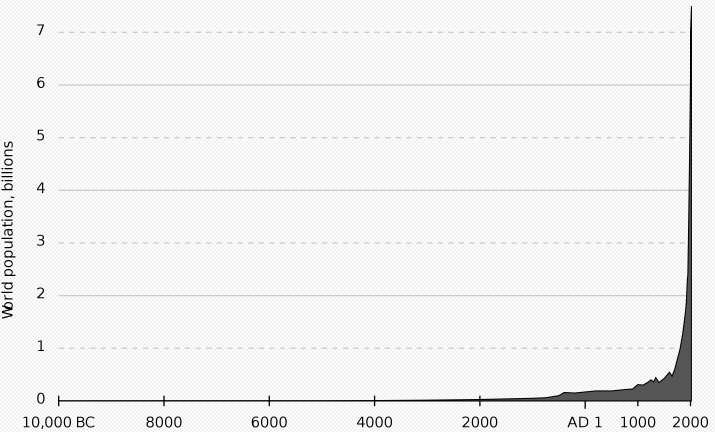
We randomly throw a dart anywhere in the shaded area. Do you notice that more is painted over on the right? Most likely your dart will hit the right side of the graph due to the almost exponential growth of the Earth’s population. So, if you live, then most likely you live closer to the end of the world. This is called the Doomsday Argument .

Self Indication Assumption
It is difficult to argue with the Doomsday argument - this statement logically follows from the SSA axiomatics. Therefore, in order to save the world, it is necessary to change this axiomatics! The SIA, in contrast to the SSA, claims that: All things being equal, the observer should consider that he is randomly selected from the set of all possible observers.
What is the fundamental difference with SSA? I’ll try to put it in my own language, since the Wiki article is rather slurred, and basically indicates that the SIA answers 1/3 in the paradoxes about the sleeping beauty and the sailor’s child. So, with SSA, your soul moves into one of the bodies in the physical world, and their set is considered predetermined (if you stand on the positions of eternalism). SIA is repelled from the opposite: from your existence. If you exist in this form, then most likely this is a successful configuration, and, therefore, it is reasonable to expect that there are many such configurations. That is, your incarnation speaks of what is likely in this world.
I have a feeling that SIA runs automatically in a multiverse. SIA struggles with the Doomsday argument roughly so: if we exist and there were so many people before us, then the existence of even more people is even more likely. That is, your position n in the series of births does not indicate how many people will be born in total. I recommend reading about how the SIA struggles with the Doomsday argument , and here I’ll simply write out the vocabulary used in the article: souls harboring hopes of becoming achieved, being born into this universe, faith-based, the reservoir of souls, humans-across-universes .
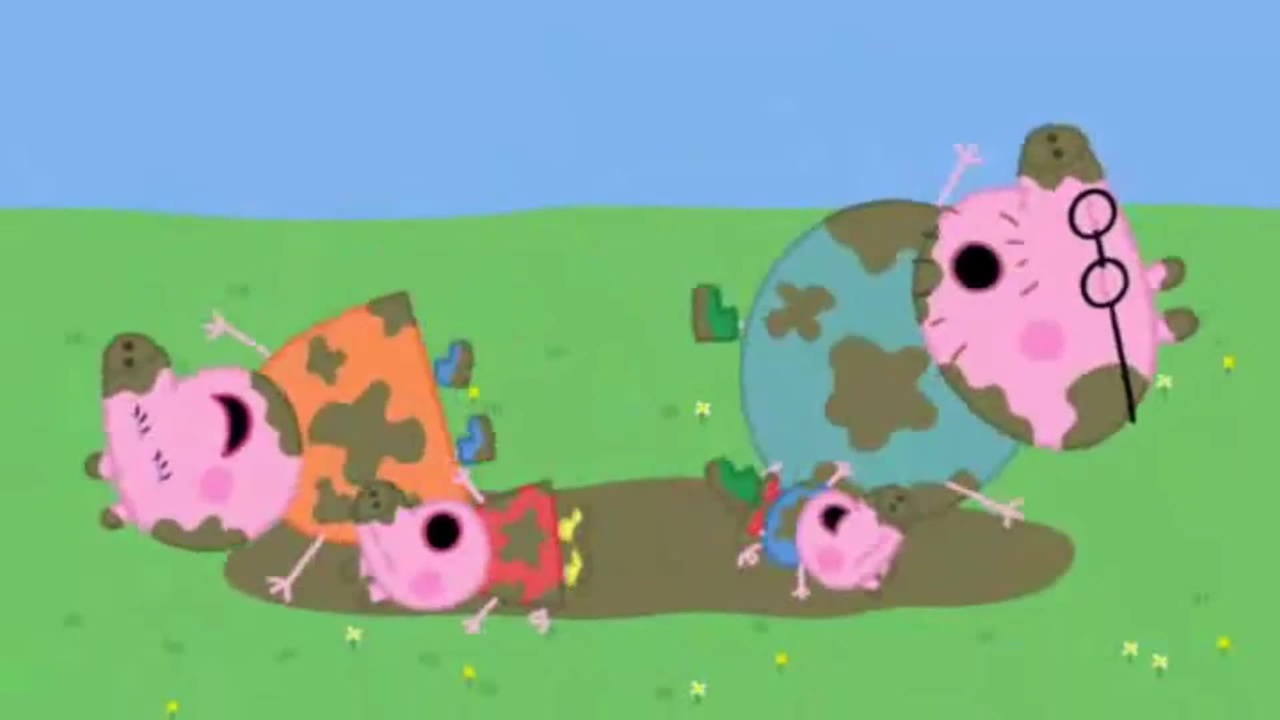
However, there are many formulas. However, let us dwell on what intuition says. You know that your bag lies in a dark room of an indefinite size (the room can even be a kilometer long!), And it is thrown into a random place there. You open the door ...
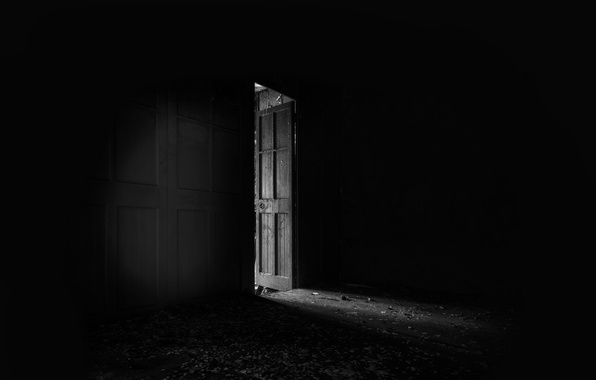
... and you see your bag a meter from the door. You can conclude that with a significant probability, the room is no more than 15-20 meters long, and very unlikely to be a kilometer long. Agree, is this pretty reasonable?
Great Filter: Doomsday Strikes Back
It turns out that with SIA we get out of the fire and into the fire, if we recall the Great Filter .
Probably on the path with many stages - the emergence of life, the emergence of multicellular life, the emergence of mind, galactic expansion of the mind, etc. (only 9 stages, see the link) at least one of the stages is extremely difficult and often life either dies or is at an impasse to achieve this difficult stage. Accordingly, the filter can be either early (for example, the very emergence of life), or late (galactic expansion or death from robots, for example. Obviously, the fact that we exist, according to the SIA, indicates that the filter is late , which means that it is already coming soon :

In general, the filter works in a very interesting way. Imagine a princess. To win her hand and heart, the applicant must open seven boxes with combination locks in an hour. At the first mailbox, the password consists of only one digit, and the average password guessing time is only one tenth of a minute. The second box has two digits, the average opening time is 1 minute. The third - 10 minutes, 100 minutes, 1000 minutes, 10,000 minutes and the last 100,000 minutes (about 70 days). I remind you that you must have time to open all the boxes in an hour, and losers will die. However, the princess is so beautiful that the turn of those who want to try their luck does not dry out:

Sooner or later, one of the applicants will be stupidly lucky. How long did it take to open each of the 7 boxes? Obviously
(60-time simple and medium tasks) / number of difficult stages.
This observation belongs to Nick Bostrom and, I confess, I did not believe his conclusions until I wrote a small simulator and chased him.
From this we can make a strange conclusion - observing the history of the origin of life on Earth, we observe a number of stages that took a very long time (for example, the appearance of eukaryotes, photosynthesis, the emergence of multicellular life). This suggests that these stages are complex, but do not tell us anything about the comparative complexity of these stages. But the emergence of the mind, obviously, is a simple stage - and the mind develops in parallel in a large number of species, if not a person, then 10-20-50 million years, and someone else would launch rockets.
A few paradoxes from Bostrom
Right here . Bostrom is seriously considering both the SSA and the SIA. However, a number of “extreme cases” can look very strange. Bostrom calls these cases the paradox of Adam and Eve, the first people to live. As you remember, according to SSA, the soul can enter any body, and it is almost unbelievable that you will be among the first two people who lived. Word to Nick:
The Serpent's Council.Once the Serpent crawled up to the pair and hissed: “Shhhhh ... If you love each other, then Eve will either have a child or not. If she gives birth, then you will be the first of billions of people. But the conditional probability of being the first people in the birth chain is very small. On the other hand, if Eve does not get pregnant, then there will only be two people, and the probability of being the first two of two people is 100%. By Baes's theorem, the risk of becoming pregnant with Eve is less than one billionth! So enjoy each other and don’t think about the consequences! ”
The paradox of a deer.Due to the fact that Adam and Eve did not age in paradise, they had time to invent a way to raise a child from a test tube, with a 100% guarantee. But Adam was tired of hunting every day. He decides with Eve: if the wounded deer does not come to them today, then tomorrow they will make a child. Now, according to the SSA, Adam can be almost absolutely sure that the wounded deer will soon come to them in the cave himself, and he only needs to be finished off.
Oddly enough, even in our time there is the opportunity to conduct an experiment and check the SSA.
UN ++.In 2100, an omnipotent and united world government was formed: UN ++. Any UN ++ solution is exactly executable. But the world is still powerless against external threats - for example, supernova explosions that can destroy our world as a whole. Moreover, scientists have discovered nearby n stars ready to explode. A ray from each supernova explosion with a 10% probability can greatly damage the Earth (but not completely destroy life). But UN ++ takes this decision: for each threat on the list, if it happens, UN ++ will create colonies in space, where the number of people will exceed the number of people who will ever live on Earth, m times. If m >> n, then we can be sure that supernova explosions will not affect the Earth.

Boltzmann brain
This story happened a long time ago, back in the 19th century. Nothing was known about the big bang and the finite time of the existence of the Universe, and this posed a problem: if the Universe always existed (as it was then thought), then heat death should have suffered for a long time, the temperature would have to equalize everywhere, and life would be impossible.
Boltzmann saw the following solution: if the Universe is infinite and there is infinite time, then sooner or later a fluctuation of an arbitrarily large size will arise in it. We live in this. However, since the probability of fluctuations rapidly decreases with increasing size, it is much more likely to assume that there was not a bubble the size of a visible Universe, but only a human brain with a memory of how it supposedly lived:

In the next second, hot gas will swallow this brain. Boltzmann understood this
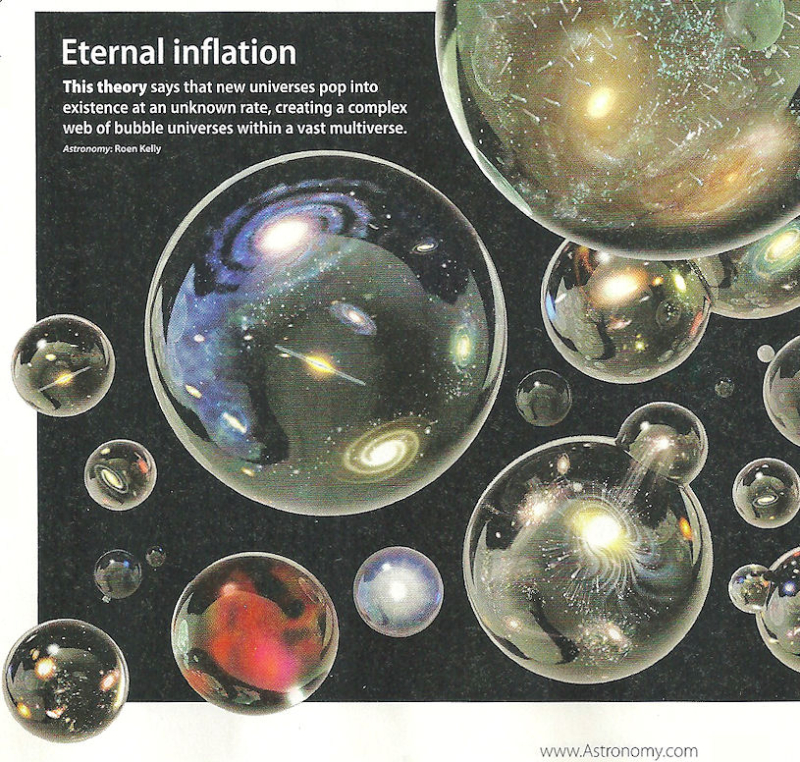
Let most bubbles have poorly tuned “Standard Model” parameters and life there is either impossible to develop or almost impossible (but freak observers are possible ). And the likelihood that the universe will arise, like ours, is negligible. But then the number of freak observerswould exceed the number of real ones, and we would rather have a chance to be embodied in the form of a Boltzmann brain, which does not happen. So, the probability of life is not so low. However, with the multiverse we are entering a completely unfamiliar territory.
Sampling in MWI
An interesting debate about quantum immortality unfolded in the comments on my article . But can we solve it without understanding how sampling works in MWI? In the SIA, for example, we are talking about "all possible observers." But should we just count the branches or take into account the “weight” / probability of these branches according to the Born rule? I believe that we should, let's call it Born-Adjusted-SIA, or B-SIA. For the case of the sleeping beauty, the B-SIA gives a difference with the SIA if the coin falls with a probability other than 1/2.
But the MWI “branches” themselves are too small - for example, the logical state of the processor does not depend on the state of an individual electron (except for possible bifurcation points) - otherwise it would be too susceptible to thermal noise. So when we talk about the state of the processor, we are talking about a whole ensemble of MWI branches. Similarly, is a brain state a single branch of MWI or a bunch of logically equivalent brain states? (but these branches may diverge in the future)? Is consciousness connected with the constant bifurcation of stories associated with these branches?
Sampling in infinite universe
If you do not believe in MWI, then this will not save you. It is enough to believe in an infinite universe. Indeed, according to Beckenstein’s limit , the number of states in which matter can exist in a certain volume (sphere) is finite and proportional to the area of the sphere (and not its volume!).
Two interesting conclusions follow from this:
If you create an infinite Universe, then generating fragments of it sooner or later you will end up with unique combinations, as if you were collecting the world from Lego. Therefore, if you exist, you exist in an infinite number of copies. If these copies are in the same condition, then do they have a common consciousness or not? We do not know. Consciousness is such an incomprehensible object that I cannot even determine the operation of equality over it.
Secondly, the ratio of the area of a sphere to its volume (and the mass of matter inside) decreases with increasing radius of this sphere. That is, the more we take matter, the simpler it is arranged (because correlations and “confusion” are inevitable inside). In the limit, the density of matter in an infinite universe must be zero! But this is not surprising - if Max Tegmark is right , it should be so - in the theory of the mathematical universe there is no information related to the initial conditions, which means that the deterministic development of the multiverse preserves the zero amount of information given initially.
As you can see, even with TOE we still have too much to learn, and we have not even taken up these topics. For example, I missed Strong Self Sampling Assumption- google it! But do not we have to weaken some scientific principles, for example, the principle of falsifiability? Quite possible.
Please participate in polls
Only registered users can participate in the survey. Please come in.
Which approach is closer to you?
- 10.4% I'm closer to Self Sampling Assumption 42
- 19.4% I'm closer to Self Indication Assumption 78
- 32.9% Do philosophers also get money for this? And so it was possible? 132
- 37.1% Author, what do you smoke? 149
Do we have to weaken the principle of falsifiability on the way to TOE / cosmology / theory of consciousness?
- 49.3% Hands off the saint! 119
- 20.3% May have to weaken 49
- 30.2% Or even drop it 73
